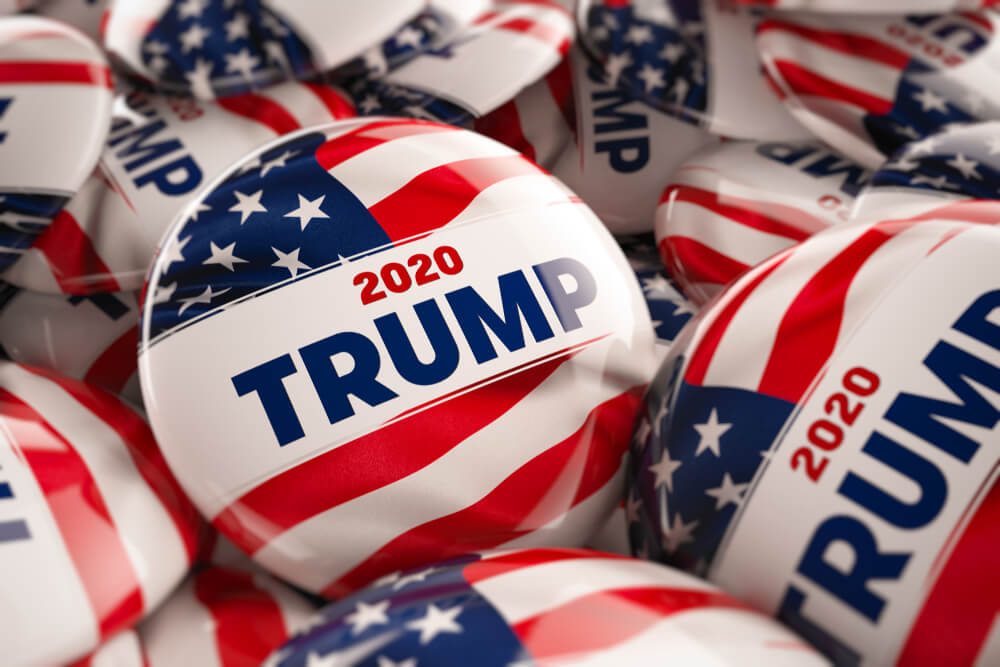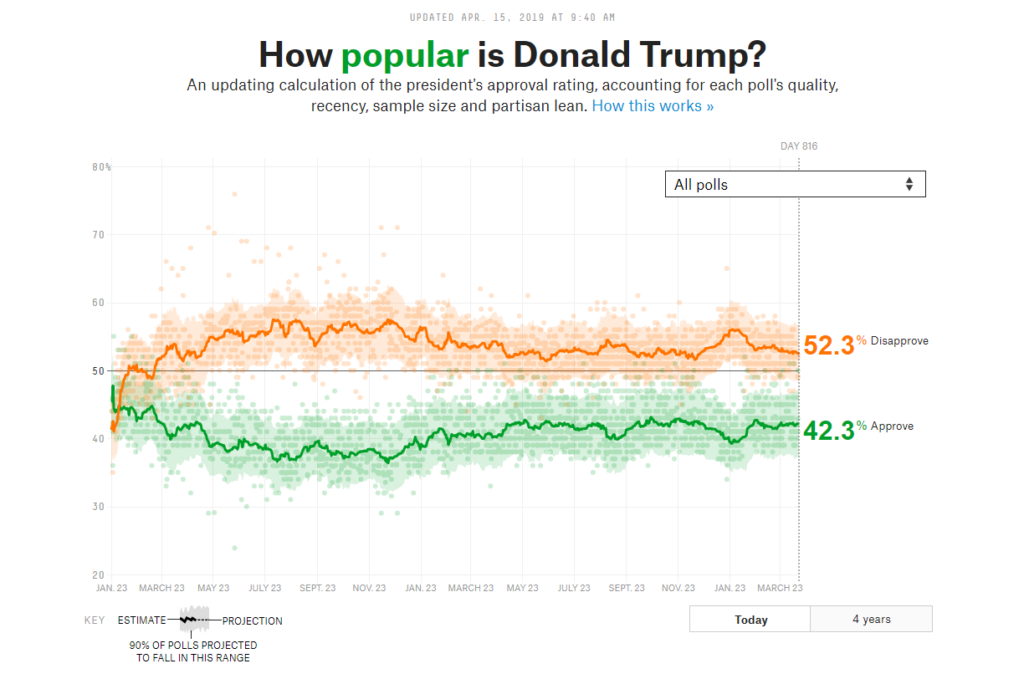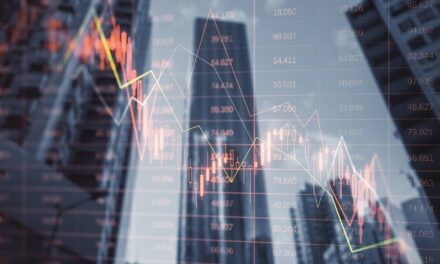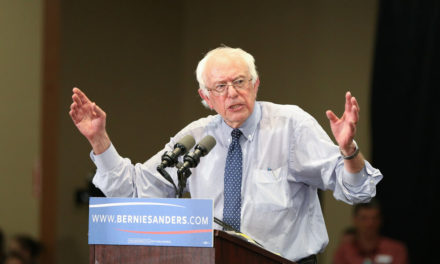Donald Trump is more likely than not to earn a second term in the White, according to Goldman Sachs economists analyzing data ahead of the 2020 election.
Incumbent presidents generally have a 5 to 6 percent “built-in advantage,” according to the bank’s chief economist, Jan Hatzius, and a strong economy under Trump has added to his edge. However, Goldman is predicting the election as a “close call” leaning narrowly in the president’s favor as of today.
Per CNBC:
“The advantage of first-term incumbency and the relatively strong economic performance ahead of the presidential election suggest that President Trump is more likely to win a second term than the eventual Democratic candidate is to defeat him,” Hatzius said in a note on Saturday.
“A strong economy should help the president’s reelection chances. … Political scientists have developed a number of election models over the years that rely mainly on economic variables to predict the two-party popular vote,” Hatzius said.
Additionally, incumbents finishing the first term for their party have received a greater share of the two-party vote than candidates whose party has already controlled the White House for two or more terms, according to Goldman. This “prominent” historic pattern would give Trump a “narrow advantage,” Hatzius said.
While Trump’s approval rating is only hovering over 40%, according to an average calculated by the website FiveThirtyEight, the number isn’t that low when put in context, the Goldman economist pointed out. In fact, Hatzius said, Trump could still win the reelection fight even with a general unfavorable opinion.
“We note that if President Trump maintains his -9.6pp net approval rating, combining this approach with our economic forecast suggests that he would win the two-party popular vote by a slim margin,” Hatzius said.
Goldman’s view also seems to be in line with Wall Street’s consensus as more than 70% of market insiders expect Trump to win reelection in 2020, according to an RBC survey in April.





